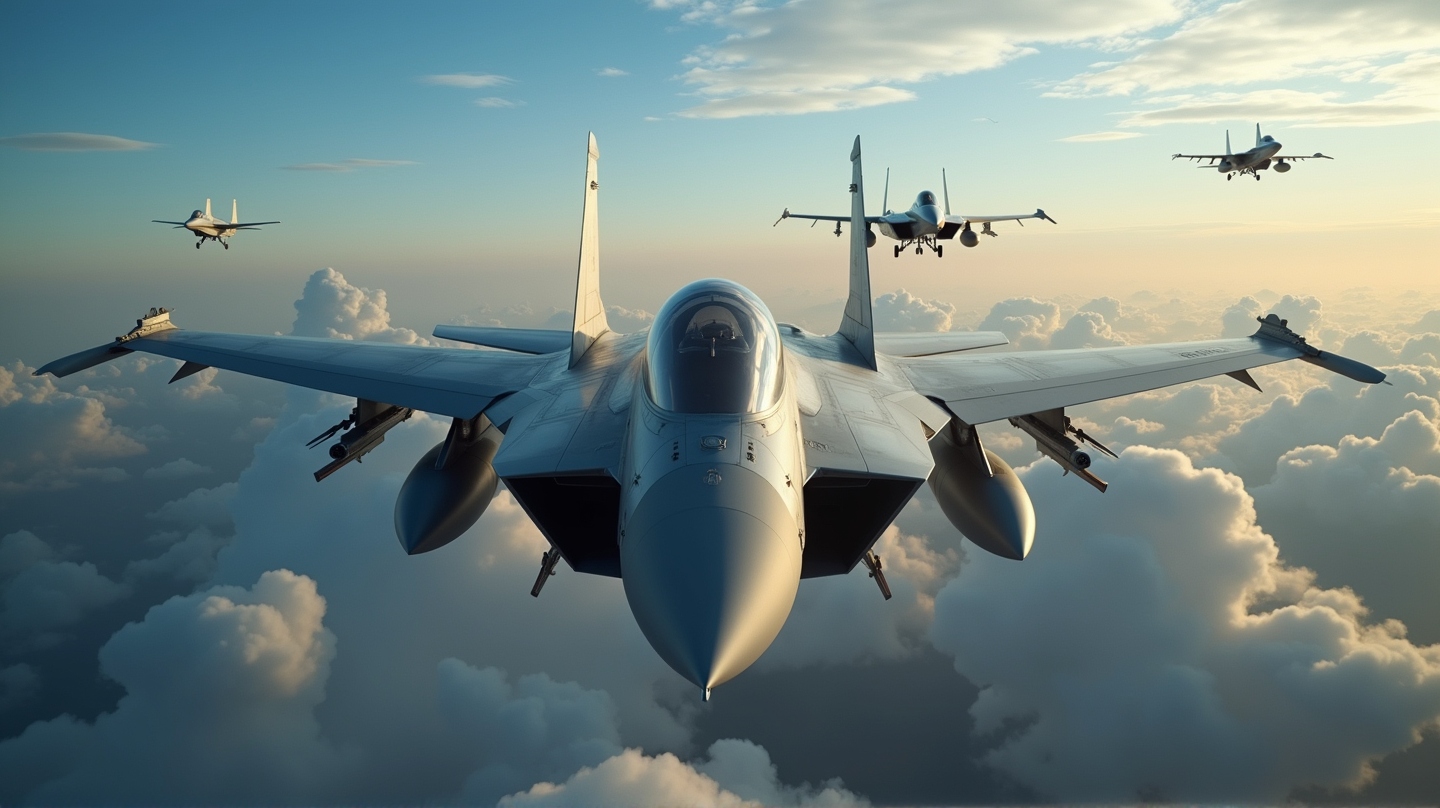Türkiye's Dynamic Shift: Shaping Defense Alliances in Southeast Asia
Türkiye's strategic defense alliances with Indonesia and Malaysia are reshaping Southeast Asia's military landscape, empowering regional autonomy.

In a rapidly changing global defense landscape, Türkiye’s strategic engagements with Indonesia and Malaysia have emerged as pivotal in redefining military relationships in Southeast Asia. These alliances not only mark Türkiye’s ascent as a formidable defense player but also highlight a shared vision for regional security and sovereignty. As stated in TRENDS Research & Advisory, the partnerships focus on technology transfer, co-production, and fostering local industry, presenting a model that contrasts with traditional arms deals.
Indonesia’s Bold Leap with KAAN Fighter Jets
Indonesia’s agreement to procure 48 KAAN fifth-generation fighter jets from Türkiye symbolizes a monumental shift, representing the largest defense contract in Turkish history. This move transcends mere hardware acquisition; it includes technology transfer and co-production arrangements, empowering Indonesia to develop its domestic aerospace capabilities.
Cutting-edge avionics and stealth capabilities of the KAAN jets align with Indonesia’s modernization goals amidst regional challenges like the South China Sea disputes. By welcoming Türkiye as a key defense partner, Indonesia signals its commitment to enhance strategic independence and diversify its military portfolio away from traditional suppliers.
Malaysia’s Strategic Embrace of Türkiye
In parallel, Malaysia’s defense strategy also finds new life through collaboration with Türkiye. Amidst intensifying geopolitical rivalries, Malaysia’s acquisition of Turkish-developed ANKA-S drones and multirole naval vessels signifies a strategic diversification.
The flexibility and advanced technology offered by Türkiye bolster Malaysia’s maritime and intelligence capabilities. With Turkish technology embedded in critical defense projects, Malaysia aims to strengthen its regional standing and safeguard its interests in the contested South China Sea.
A New Paradigm in Defense Cooperation
At the core of Türkiye’s appeal as a defense partner lies its non-restrictive, no-strings-attached approach. This resonates in Southeast Asia, where nations like Indonesia and Malaysia are keen on maintaining strategic autonomy and self-reliance.
By adopting this adaptive model, Türkiye not only competes with established Western and Eastern defense suppliers but also sets a precedent for partnerships built on trust, equality, and mutual benefit.
Broader Geopolitical Implications
These defense partnerships with Türkiye reflect a broader shift towards more balanced global security frameworks. For Southeast Asian nations, engaging with Türkiye means investing in long-term, sustainable defense solutions that empower local industries and reduce external dependencies, paving the way for a resilient regional security architecture.
The collaborations with Türkiye place Indonesia and Malaysia at the forefront of a new defense paradigm, influencing neighboring ASEAN countries amidst the complexities of modern geopolitical challenges.
In this evolving narrative, Türkiye stands poised not only as a military supplier but as a strategic ally fostering enduring ties that reshape the regional defense calculus in Southeast Asia.





